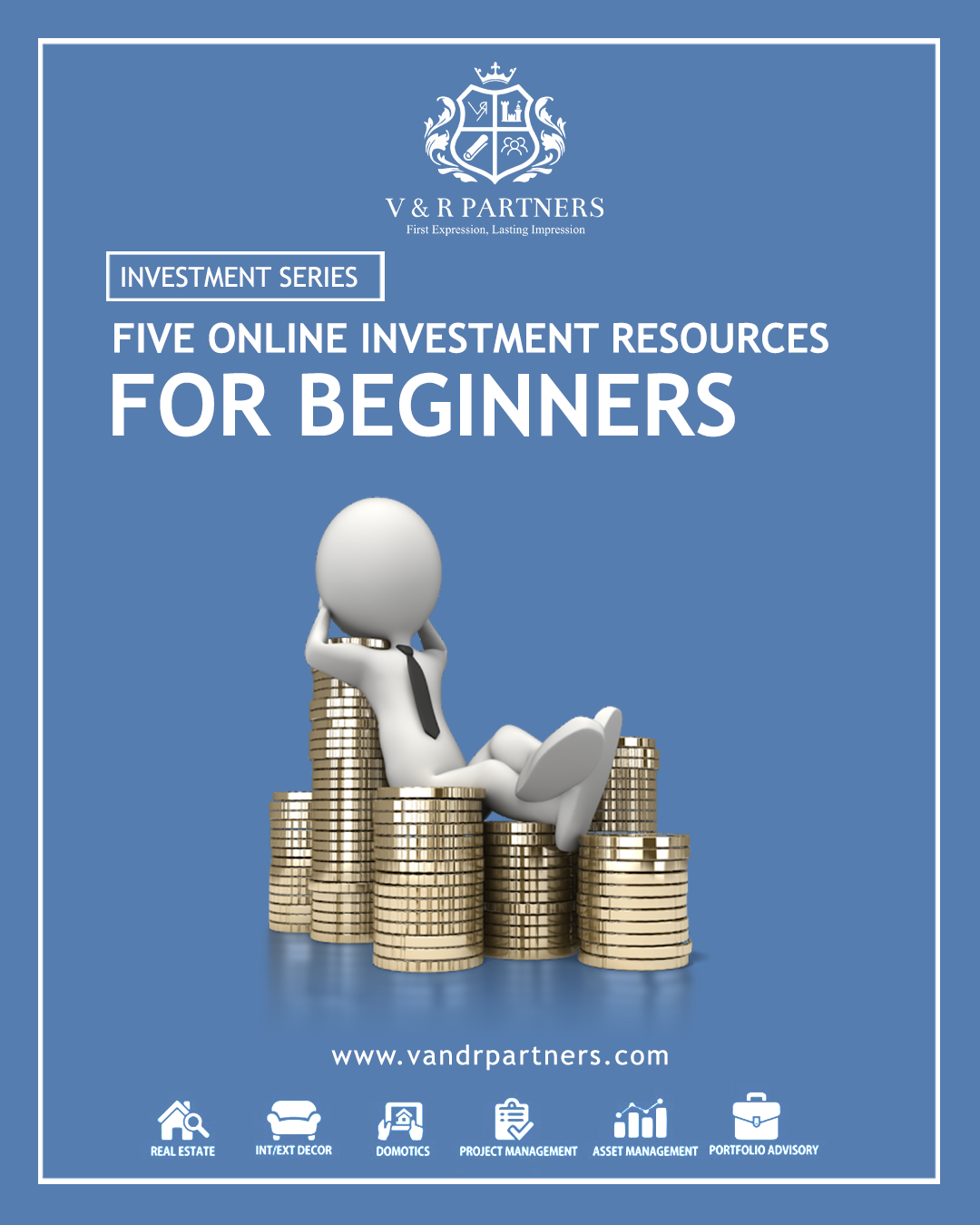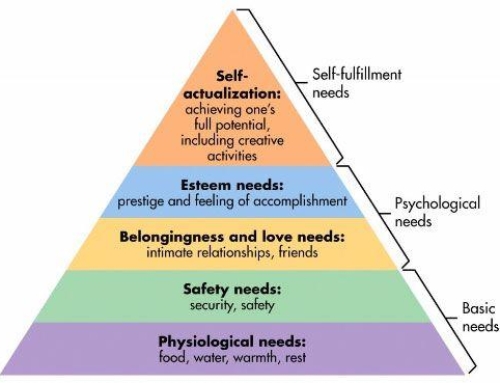Where Not to Start
While there are quite a few great resources out there for learning about investing, there are also many resources out there that are pretty poor tools for learning for various reasons. Until you’re very familiar with investing topics, I would avoid these information sources and take the words they say about investing with a grain of salt.
Any source using a lot of terms you don’t understand This is true in any field, and investing is no different. If you tackle information that’s too full of the terminology of that field without naturally understanding what that terminology means, the information you absorb isn’t going to have much meaning. If you can’t get through a sentence without having to hit a reference book once or twice, just disregard the document for now and wait until you have a firmer grasp of the terminology. In fact, trying to read such a document should be a sign that you need to study up.
Publications directly produced by investing houses I’m not talking about investment prospectuses (the documents that investment houses have to give out that outline the specific details of a certain investment), as those are heavily regulated. I’m talking about general investing guides. Quite often, these guides are marketing materials in disguise, designed to slant you toward the investments offered by that investing house. Avoid them, particularly if you’re just getting started.
Financial magazines and newspapers This might be surprising to some, but I would avoid financial writing in such places. Most of the time, the mainstream financial press simply uses representatives from investment houses as their sources for articles, meaning that the investment advice you’ll find there often focuses heavily on whatever new investment the investment houses are pushing. Some articles in the press are legitimate and well-researched, but there are enough questionable things floating in the water and enough useful resources elsewhere that you’re better off just avoiding all of it until you have a sophisticated understanding of investing.
Websites that include opportunities to buy There are a lot of subtle hints that online information might be shady, but the biggest one is that the website eventually encourages you to buy whatever investment they’re talking about. When you see this, it’s almost always a sales pitch placed there by someone who has money to gain as a result of you buying that investment, which usually means that it’s a bad idea for you to buy it.
So what resources can you trust? The first place I’d start is at the library.
Print Resources
There are a handful of books I really trust as great introductions and references for investing information.
If you’re a complete beginner, Investing for Dummies by Eric Tyson is a strong choice.
It’s one of those books that you read once and the foundational knowledge it gives you enables you to understand most things you’ll read about individual investing, but by itself it’s not a particularly vital book on investments. I would absolutely suggest it to someone who looks confused at the word “bond.”
The single best all-around book I’ve found is The Boglehead’s Guide to Investing by Taylor Larimore, Michael LeBoeuf, and Mel Lindauer.
Why is this book so strong? It does a fantastic job of explaining the ideas behind investing. While it does make recommendations of various kinds, it faithfully explains the ideas behind those recommendations. It sticks to the conservative side when discussing and recommending investments, too, so you’re not going to fall into any risky investment traps.
If you’re looking for more on specific investment types, the Little Book series by Wiley do a great job of covering specific investment types in terms that a layman can understand. Most of the books are excellent.
Over the years, I’ve reviewed most of the entrants in this series: The Little Book of Behavioral Investing; The Little Book of Big Dividends; The Little Book of Bull Moves in Bear Markets; The Little Book of Bulletproof Investing; The Little Book of Commodity Investing; The Little Book of Common Sense Investing; The Little Book of Economics; The Little Book of Main Street Money; The Little Book of Safe Money; The Little Book Of Value Investing; The Little Book That Beats The Market; The Little Book That Builds Wealth; The Little Book That Makes You Rich; and The Little Book That Saves Your Assets. Virtually all provided a worthwhile explanation of their specific topic.
If you manage to read through all of these books, you’ll find yourself with a very strong background in individual investing.
Online Resources
If you prefer to learn in audio form, there are some wonderful audio resources that do a great job of teaching investment basics. Among those, the far and away best option is Money 101: Retirement and Investing by Marketplace (American Public Media), which is a wonderful series of audio recordings that explain investing in rich detail.
If you start moving outside of these resources, though, beware. Be very careful that the “learning” resource you’re reading isn’t just a cleverly disguised sales pitch from an investment advisor or an investment house. Know what the source of the information is. Is that person or organization, in the end, trying to sell you a product? If they are, then be very, very careful.
Good luck!
SOURCE: thesimpledollar.com






